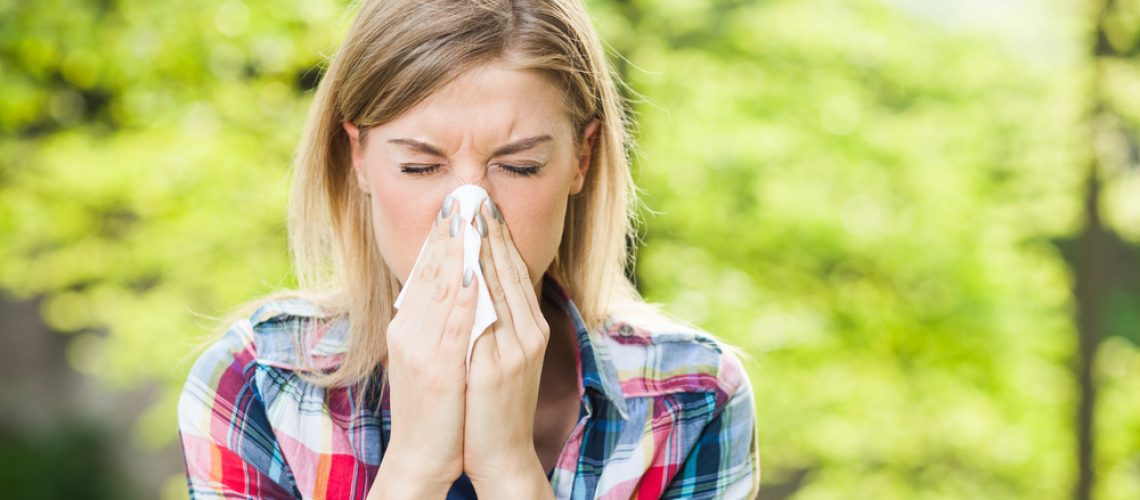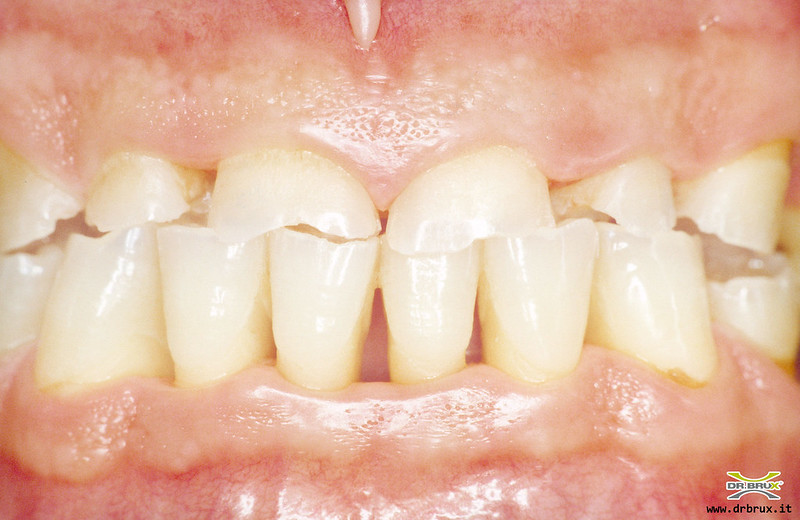Those with fairly intense respiratory allergies are unlikely to be in a good mood when they are in environments or periods when critical allergens are abundant and symptoms become so bothersome that they prevent them from serenely performing daily activities, concentrating or sleeping well. Inflamed and watery eyes, runny nose, localized or diffuse itching and redness, difficulty breathing, up to episodes of allergic asthma, can put a strain on even people with the most positive attitude toward life.
A German study coordinated by the University Center for Health Sciences – University Hospital Augsburg (UNIKA-T) reports that the correlation between respiratory allergies and mood disorders may be even deeper and more complex, but most importantly, biunivocal. Building on recent evidence indicating that there is a link between psychological profile and allergic dermatitis or asthma, researchers sought to understand whether depression, anxiety, and mental stress may increase susceptibility to developing seasonal respiratory allergies to pollen or to perennial allergens (i.e., always present in the environment, such as mold, dust mites, and animal dander), food allergies, or drug allergies.
Well, from the analysis of the different types of allergies present in the population of the Augsburg area (Germany) cross-referenced with the assessment of the psychological state of the nearly 1,800 people involved, it was found that those suffering from depression also more often have respiratory allergies to perennial allergens while those among those suffering from anxiety disorders have seasonal pollen allergies more prevalent.
Conversely, those who suffer from respiratory allergies perennials would appear to be protected against the development of anxiety-a finding that, according to the researchers, could be related to the fact that those who constantly have to deal with respiratory allergy develop protective psychological strategies that make them less sensitive to additional external stressors that underlie anxiety. As if, in order to be able to live with allergy symptoms and the limitations they impose, one becomes globally somewhat “zen,” adopting a more relaxed attitude in all areas of life.
Regarding depression, however, the reasons behind the correlation with perennial allergies is decidedly unclear, in the sense that it is not known whether it is the mood disorder that predisposes to the development of the allergy or the presence of the allergy that depresses. The second hypothesis should certainly not be trivialized, but the first may also have a rationale, given the known interferences of mood disorders with immune system function (demonstrated in various studies, but yet to be specified in detail).
In contrast, German research found no association between food or drug allergies and reduced psychological well-being. A result that, at least in the first case, is somewhat surprising, since having to eliminate some or many foods from your diet can create some frustration and not a few practical problems in your daily life, especially if you eat out or travel for business or pleasure.
Further studies, already planned, will provide a better understanding of how the psyche and immune system talk, leading-hopefully-to new strategies to protect against both allergies and the psychoemotional disorders that can accompany them-two increasingly common health problems that now affect about a quarter of the Western population.
Source
Harter K et al. Different Psychosocial Factors Are Associated with Seasonal and Perennial Allergies in Adults: Cross-Sectional Results of the KORA FF4 Study, International Archives of Allergy and Immunology 2019; doi:10.1159/000499042 (https://www.karger.com/Article/Abstract/499042)
























































































